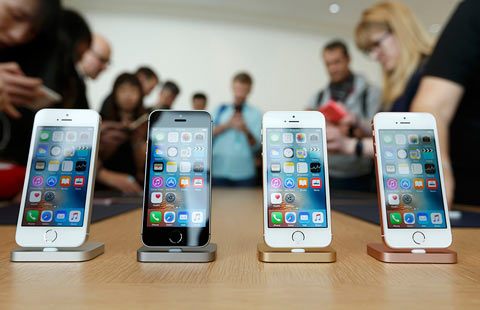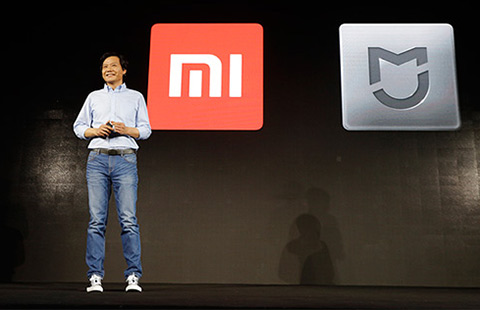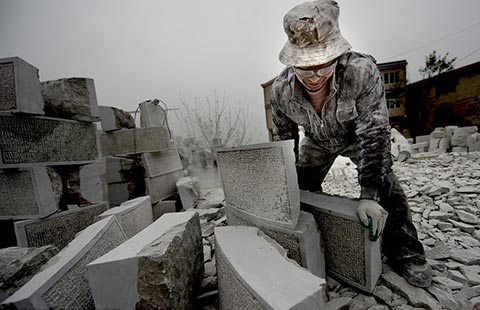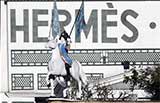Companies cash in on US universities' video interview requirements
By Emma Gonzalez (China Daily) Updated: 2016-03-31 07:52The idea, which was initially aimed at validating job applicants for human resources departments, picked up in the academic admissions sector because of the immediate need to select the most talented and spot fraudulent applications.
"In 2009, the number of applications from China grew dramatically and it became impossible for universities to examine them like before," said Chyou, COO of Initial View. "At the same time, admission officers were getting complaints from faculty about the level of English of the selected candidates."
Initial View currently focuses on three types of interviews depending on whether candidates want to enroll a boarding school, college or graduate school.
The interviews, which are unscripted, consist on random questions based on the applicants' resume, showing the candidates' language skills in a casual conversation.
Even though Initial View has no official agreements with universities, major schools such as Columbia, Berkeley and Georgia Tech use their videos to assess candidates.
West, director of International Initiatives at NACAC, said that an increasing number of US colleges and universities use, or have expressed interest in, video interviews as a component of their admissions process for all students.
Although the application period is still open, Initial View estimates to have handled more than 30,000 applications so far this year, compared with the 17,000 it managed in the previous academic session.
Because the company has no official agreement with universities, its business model relies on the fees it charges to applicants.
Students pay $220 for the interview, a fee that allows them to send the recording to an unlimited number of colleges.
"Revenues have been more than doubling every year," added Crawford. "This is the first year we are in more than a seven-figure in the US dollar for annual revenues."
Similarly, Israel-born Guy Sivan and co-founder Nicki Fung established Vericant in Beijing in 2011, amid efforts to increase the transparency of the application process to study abroad.
"The video interview component reduces the amount of cheating," explained Vericant CEO Sivan. "Corporations have learnt this lesson many years ago. They would not hire someone without meeting them."
- China leading among Dubai's trade partners in 2015: official
- HK equity market cool to mainland banks
- New Asian group to promote regional financial institutions
- Grids back Northeast Asia energy cooperation
- Expert sees more reforms at big oil companies
- Ride-hailing app drivers probed on safety issues
- New tax policy regulates cross-border e-commerce
- Companies cash in on US universities' video interview requirements
















